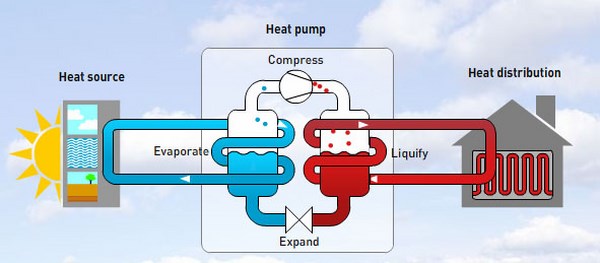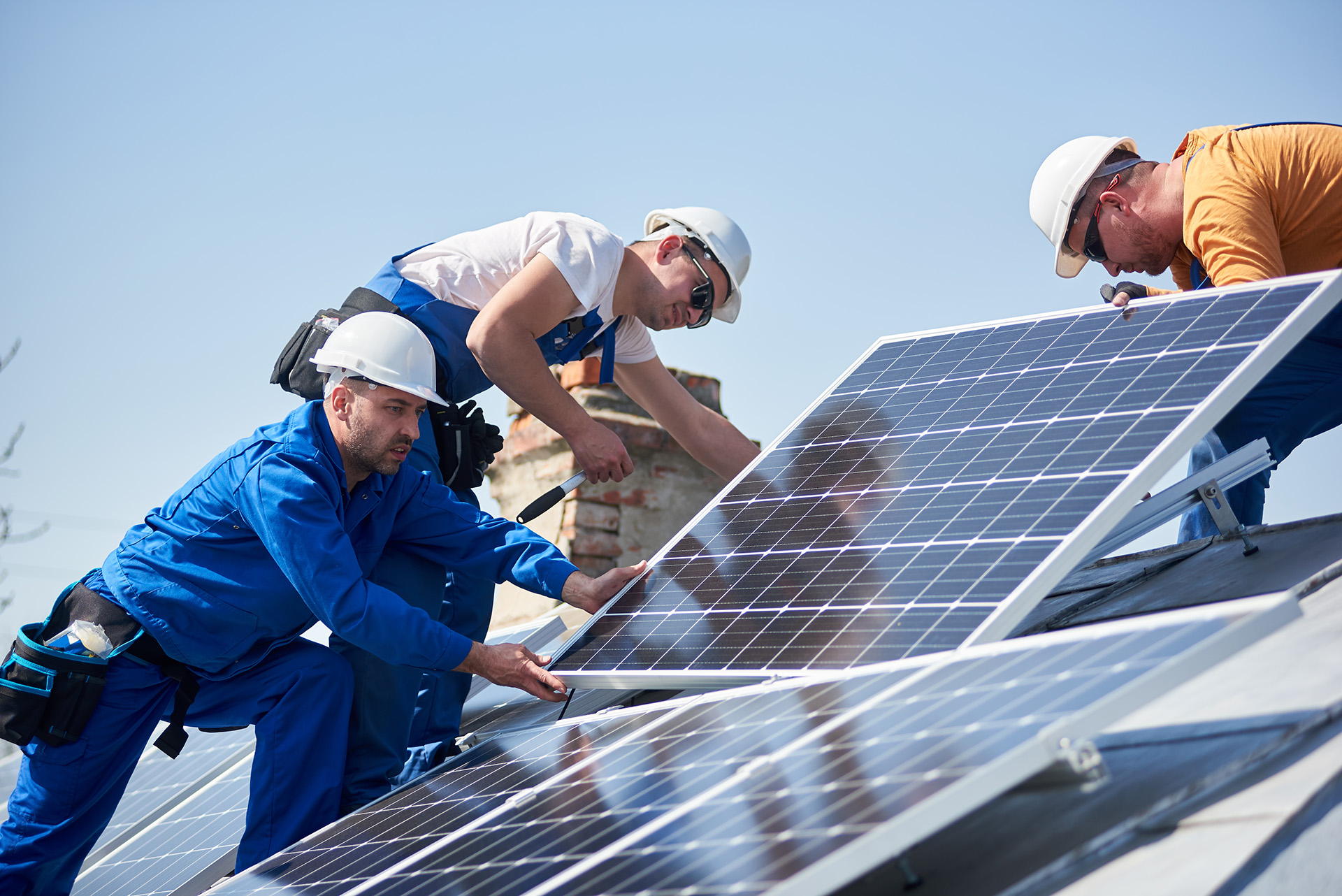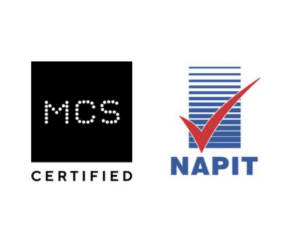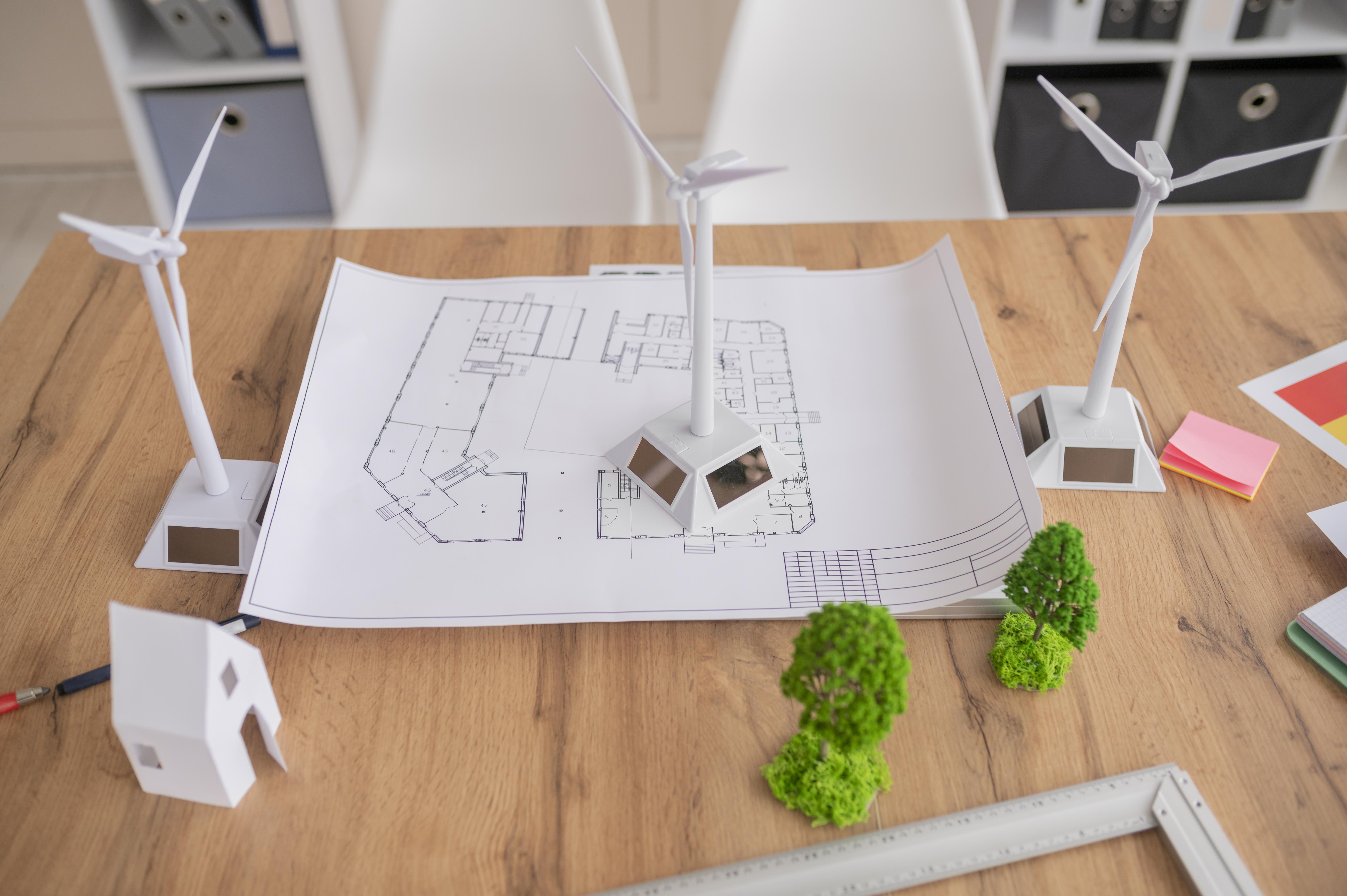Table of Contents
ToggleIntroduction
Heating our homes during colder months is not only essential for comfort but also for our health and well-being. However, it’s crucial to prioritize safety when heating our houses. Improper heating methods can lead to various risks, including fires, carbon monoxide poisoning, and electrical hazards. In this comprehensive guide, we’ll explore safe methods of heating the house to ensure both warmth and safety for you and your family.
Inspecting and Maintaining Heating Systems
Heating systems, whether they’re furnaces, boilers, or heat pumps, require regular inspection and maintenance to function efficiently and safely. It’s recommended to schedule annual inspections by qualified HVAC technicians. These professionals can identify any potential issues with your heating system before they become major problems, ensuring safe and efficient operation. Dirty filters can restrict airflow, reducing the efficiency of your heating system and potentially causing overheating. Regularly clean or replace filters according to the manufacturer’s recommendations to maintain proper airflow and prevent system malfunctions.
Inspect your heating system for any leaks, particularly in gas-powered systems. Additionally, install carbon monoxide detectors in your home, especially near sleeping areas, to alert you to any presence of this odorless, deadly gas. Proper ventilation is crucial when heating your home to ensure the safe combustion of fuels and the removal of indoor air pollutants. Ensure that there is sufficient airflow in your home to prevent the buildup of carbon monoxide and other harmful gases. Proper ventilation also helps maintain indoor air quality, reducing the risk of respiratory issues.
Opening Windows Periodically
Even in colder weather, it’s essential to periodically open windows to allow fresh air to circulate and stale air to escape. This simple step can significantly improve indoor air quality and reduce the concentration of pollutants. Make sure that vents for heating systems, such as vents for furnaces or radiators, are not blocked by furniture, curtains, or other objects. Blocked vents can disrupt airflow and lead to overheating or inefficient heating.
Space heaters can be a convenient supplemental heating source, but they can also pose fire and burn hazards if not used correctly. When purchasing a space heater, choose one that has been tested and certified by a recognized safety organization. Look for features such as tip-over protection, overheating protection, and automatic shut-off switches. Place space heaters on a stable, level surface away from any flammable materials such as curtains, bedding, or upholstered furniture. Maintain a minimum clearance of at least three feet around the heater to prevent fires. Never leave a space heater unattended while it’s in operation, especially overnight or when you’re not at home. Always unplug the heater when it’s not in use to prevent accidental fires or overheating.
Fireplace Safety
Fireplaces can add warmth and ambiance to a home, but they require proper maintenance and precautions to ensure safety. Have your chimney inspected and cleaned annually by a certified chimney sweep to remove any creosote buildup, which can lead to chimney fires. A clean chimney also ensures proper ventilation and reduces the risk of carbon monoxide poisoning.
Always use a fireplace screen to prevent embers or sparks from escaping the fireplace and igniting nearby flammable materials. A screen also provides a barrier to keep children and pets away from the fire. Allow fireplace ashes to cool completely before disposing of them in a metal container with a tight-fitting lid. Keep the container outdoors, away from any combustible materials, until you can safely dispose of the ashes.
Electric Blanket and Heated Mattress Pad Safety
Electric blankets and heated mattress pads can be cozy additions to your bed but should be used with caution to prevent electrical hazards.Regularly inspect electric blankets and heated mattress pads for any signs of damage, such as frayed cords or exposed wires. If you notice any damage, discontinue use immediately and replace the product. Always follow the manufacturer’s instructions for proper use and care of electric blankets and heated mattress pads. Avoid folding or bunching the blanket or pad while in use, as this can create hot spots and increase the risk of overheating.
While electric blankets and heated mattress pads are designed for overnight use, it’s essential to use them responsibly. Avoid leaving them on for extended periods while asleep, as this can increase the risk of burns or overheating.Boilers and radiators are common heating systems in many homes, and proper maintenance is essential to ensure their safe and efficient operation.
If you have hot water radiators, periodically bleed them to remove any trapped air, which can impede the flow of hot water and reduce heating efficiency. Follow manufacturer instructions or consult a professional for guidance. Ensure that the room containing your boiler is adequately ventilated to prevent the buildup of carbon monoxide. Never store flammable materials or chemicals near the boiler, as they can pose a fire hazard.Schedule regular maintenance checks for your boiler and radiator system by qualified technicians. They can identify and address any issues before they escalate, ensuring safe and efficient heating throughout your home.
Emergency Preparedness
Despite taking precautions, emergencies can still occur, so it’s essential to be prepared to respond effectively in case of a heating-related incident. Install smoke alarms on every level of your home and near sleeping areas, and ensure they are in working order by testing them regularly. Additionally, install carbon monoxide detectors in your home to alert you to any buildup of this odorless, toxic gas.
Keep at least one fire extinguisher in an easily accessible location on each level of your home, such as the kitchen or near the fireplace. Make sure all household members know how to operate the extinguishers properly. Create a comprehensive evacuation plan for your home and practice it regularly with your family. Identify primary and secondary escape routes from each room and establish a designated meeting point outside the home.
Conclusion
Heating our homes safely is paramount to ensure the well-being of our families and the protection of our property. By following the guidelines outlined in this article and prioritizing safety in our heating practices, we can enjoy a warm and comfortable home environment without compromising on safety. Remember, it’s always better to be proactive in preventing heating-related accidents than to deal with the consequences of neglecting safety precautions. Stay warm and stay safe!
FAQs
It’s recommended to have your heating system inspected annually by qualified HVAC professionals. Regular inspections help identify any potential issues early on and ensure safe and efficient operation throughout the heating season.
Are space heaters safe to use in my home?
Space heaters can be safe when used correctly. Choose certified heaters with safety features like tip-over protection and automatic shut-off switches. Always keep them away from flammable materials and never leave them unattended while in use.
What should I do if I smell gas or suspect a carbon monoxide leak?
If you smell gas or suspect a carbon monoxide leak, immediately evacuate your home and call emergency services. Avoid using any electrical devices, including light switches and phones, as they can create sparks that could ignite gas.
How can I prevent chimney fires when using my fireplace?
To prevent chimney fires, have your chimney inspected and cleaned annually by a certified chimney sweep. Always use a fireplace screen to contain sparks and embers, and never leave a fire unattended. Properly dispose of ashes in a metal container with a tight-fitting lid.
Is it safe to use electric blankets and heated mattress pads while sleeping?
Electric blankets and heated mattress pads can be safe for overnight use when used correctly. Check for damaged cords regularly, follow manufacturer instructions, and avoid prolonged use while asleep to reduce the risk of burns or overheating.







